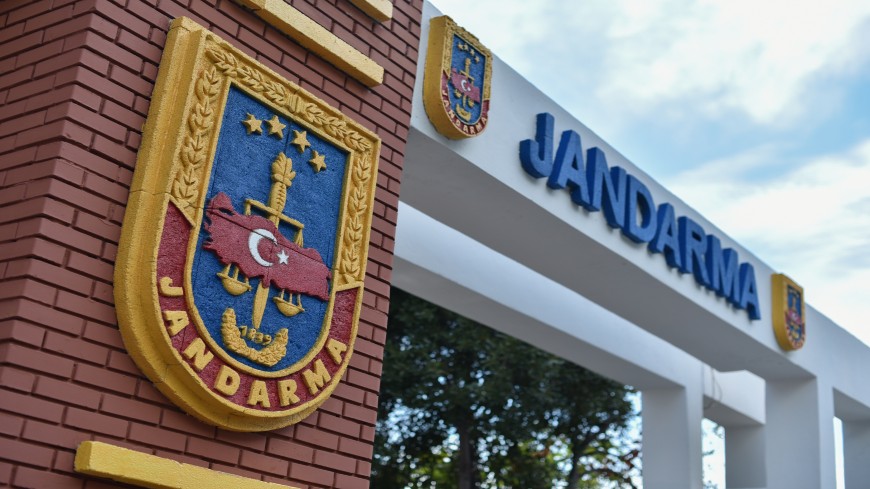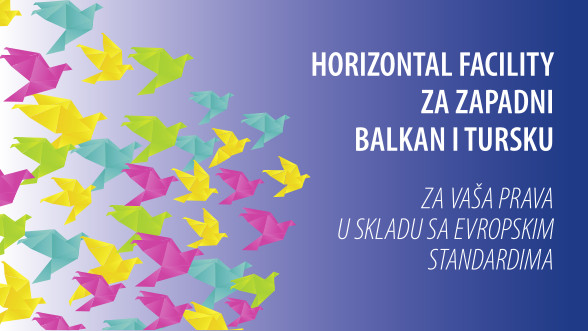Two new HELP (Human Rights Education for Legal Professionals) courses on trafficking in human beings were recently launched - on 8 April 2021, in co-operation with the Turkish Gendarmerie General Command and on 9 April 2021 in co-operation with the Ministry of Justice.
Courses aim at equipping the members of the Gendarmerie, the judges and prosecutors with the knowledge about the Council of Europe Convention on Action against Trafficking in Human Beings, revealing the complexities of the subject matter and supporting participants in their action against trafficking in human beings.
The courses aim at supporting the gendarmes as first respondents to prevent and combat trafficking in human beings, protect and assist its victims, and effectively co-operate with others in doing so. It also intends to enhance the capability and skills of judges and prosecutors to adequately instruct and qualify trafficking cases as a serious crime and a violation of human rights, as well as to apply procedures to effectively protect and assist victims in judicial proceedings.
When launching the course, Colonel Bülent Baykal, Head of the Department of the Anti-Migrant Smuggling and Human Trafficking, highlighted the critical role of the law enforcement in identifying and responding to human trafficking cases and underlined the importance of implementing the national anti-trafficking action, in line with the Council of Europe standards.
Hacı Ali Acikgul, Head of the Department of Human Rights in the Ministry of Justice stressed the importance of human rights’ and victim-cantered approach, reflected in the new National Action Plan for Human Rights. Petya Nestorova, the Executive Secretary of the Council of Europe Convention on Action Against Trafficking in Human Beings emphasised the importance of co-operation and co-ordination among all the national institutions involved in the anti-trafficking action. She reminded that placing the victim at the centre of the anti-trafficking action is a key condition for guaranteeing the victims’ rights, including the right to non-punishment, as well as their access to justice and remedies, including to compensation.
Ivana Jelic, Judge of the European Court of Human Rights, stressed the importance of the case-law of the European Court of Human Rights that should guide and support the work of judges and prosecutors when working on cases of human trafficking.

The HELP courses will combine theory and practice through practical case studies aiming to increase the impact of the learning experience on the work of gendarmes.
The course is conducted within the framework of the action “Strengthening the human rights protection of migrants and victims of human trafficking in Turkey”, as a part of the joint European Union and Council of Europe programme “Horizontal Facility for the Western Balkans and Turkey 2019-2022”.

